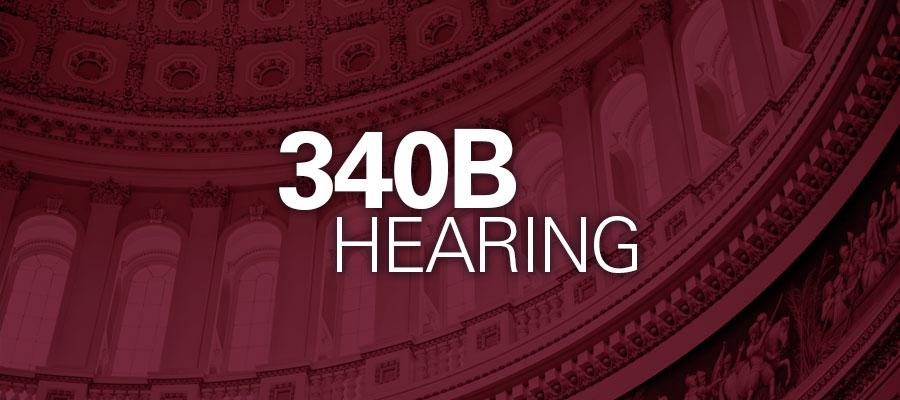HRSA Official Testifies at Senate HELP Hearing on 340B Program

The Senate Health, Education, Labor and Pensions Committee today held the third in a series of hearings examining the 340B drug savings program.
At the hearing, Capt. Krista Pedley, director of the Office of Pharmacy Affairs at the Health Resources and Services Administration, which oversees the 340B program, said the agency “needs general rulemaking authority in the program to appropriately and clearly define how entities should comply with requirements.”
In addition, Pedley said as HRSA continues to examine the program and as the agency has proposed in its budget, “we think it’s an important next step to move toward defining how the entities use” the 340B savings and “require that they report it to HRSA.” Pedley acknowledged that “it is a very complex issue and would be a shift in how the program is operated.”
HELP Committee Chairman Lamar Alexander (R-TN) expressed a desire to see how hospitals and other covered entities were using 340B savings to benefit patients and communities, but he said “it would be unnecessary for us to write a narrow definition of how hospitals and clinics should spend the money.”
HELP Committee Ranking Member Patty Murray (D-WA) discussed strengthening the 340B program, which she said “provides help for patients and families across the country,” by increasing accountability for drug companies “that currently have very little [accountability].”
Eight Democrats on the committee also shared examples of how the 340B program helps their hospitals increase access to care for their communities and questioned Pedley on why HRSA earlier this month delayed until July 1, 2019 implementation of its final rule on 340B drug ceiling prices and civil monetary penalties for manufacturers. The rule’s implementation has been delayed five times since the beginning of last year.
In a statement for the hearing, AHA expressed its commitment to ensuring the long-term sustainability of the 340B program and highlighted the disparity in program requirements for hospitals and manufacturers.
“Despite the lack of parity in transparency requirements, several hospital-only transparency proposals have been introduced in Congress,” AHA said. “These proposals would not help the program function better but would simply reduce the number of 340B hospitals by increasing the burden of compliance. As a result, communities could be harmed and implementation costs could increase for the federal government. The sole beneficiaries would be drug manufacturers, who could drive up already high margins by forcing hospitals to pay higher prices for a portion of their drugs.”

